The master plan in acquiring our flatcoat retriever puppy Damson was that as folk no longer with full-time jobs we would invest our time in producing a perfectly trained dog. On New Year’s Day the growing gap between intention and reality was acknowledged. Damson is affectionate, fun and beautiful — frequently admired by passing strangers. She is also a thief.
We were hosting friends from the sadly deprived country of Italy where they are unable to purchase either chipolata sausages or pork pies, a liberal plateful of which we therefore provided for the lunchtime buffet. ‘No feeding the dog at table — we don’t do that,’ we had warned them sternly, only to realise, as we sat down, that such an admonition was irrelevant: the pork-pie plate on the corner of the table, comfortably within reach of a leggy retriever, no longer boasted so much as a crumb. The pie completed a festive season haul in Damson’s stomach that included a chunk of Stilton, Turkish Delight, half a pair of Barbour socks and the lower branches of two espalier apple trees. No need to inquire about our New Year resolutions.
One man who can bring off a master plan is Beaminster trainer Anthony Honeyball. Back in March his Jepeck finished second at Carlisle to Takingrisks, who went on to win the Scottish Grand National. Instead of continuing to run the now 11-year-old Jepeck in chases, Honeyball, noting that the Unibet Veterans’ Handicap Chase at Sandown’s first meeting of the New Year carried a prize of £50,000, preserved his handicap mark over fences by running him in three novice hurdles, two of which he won. Tipsters and public spotted the stratagem and Jepeck became favourite for the popular contest for ageing stars of the jumping world. Luckily fortune favoured the brave. As Jepeck came to the last fence, the riderless Horatio Hornblower veered into the leader’s path threatening to carry him out past the wings of the fence but Jepeck’s rider, Rex Dingle, held his nerve. Somehow he kept his brave mount straight for a final surge in which he beat Regal Flow and Theatre Guide by a short head and a neck, as thrilling a finish as we are likely to see in the rest of 2020 and the biggest win yet for the 3lb-claiming conditional rider.
We really do have an outstanding clutch of young riders over jumps this year. Another made his mark when Christian Williams became the first Welsh trainer in decades to win a Welsh Grand National at Chepstow with Potters Corner, ridden by the 17-year-old Jack Tudor. But while jump-racing conditionals like Ben Jones, Bryan Carver and Connor Brace are advancing, the worry is where Flat racing is to find its future stars.
The British Horseracing Association has announced new rules from March to give apprentices on the Flat a bigger proportion of the prize money they earn and of their riding fees. At present the trainers to whom they are apprenticed receive up to 50 per cent of the riding fees and prize money their apprentices earn, whoever they ride for. In return they are supposed to pay the apprentices’ travel expenses and fund certain items of their kit. Some trainers honour that obligation and some don’t. Some apprentices fear pushing for all that is due to them, worrying that they will lose riding opportunities.
On the face of it the current system has a clearly Dickensian whiff: it looks like simple justice to give apprentices more of what they earn. But if a trainer has in his yard a talented apprentice who is in high demand with other trainers anxious to use his or her 7lb, 5lb or 3lb claim to reduce the weight carried by their horses, then the host trainer has to find somebody else to do their work in the yard. He still has to find room for the apprentice in his hostel and pay him his wage. Often he will bear the expense of keeping a horse or two on which to give apprentices early experience.
The result? Though the Professional Jockeys Association has welcomed the new rules, the National Trainers Federation has opposed them. Both sides have some valid arguments, but to me there is a decider. Trainer Andrew Balding is not only one of the most honourable men in racing but his Kingsclere yard has a famous history as a nurturer of apprentice talent. He has contributed significantly to the apprentice careers of some 35 jockeys, including stars such as William Buick, David Probert and the latest champion jockey Oisin Murphy. But Andrew, echoed by Richard Fahey and Richard Hannon, has now declared that he will no longer take on apprentices under the new rules. If the new system is not good enough to keep them employing apprentices, then it is not good enough. The danger is that nepotism will be the only conduit to the necessary experience for the next generation of riders on the Flat.
Those acronyms — the BHA, the NTF and the PJA — need to keep talking.
Got something to add? Join the discussion and comment below.
Get 10 issues for just $10
Subscribe to The Spectator Australia today for the next 10 magazine issues, plus full online access, for just $10.
You might disagree with half of it, but you’ll enjoy reading all of it. Try your first month for free, then just $2 a week for the remainder of your first year.

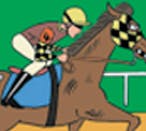
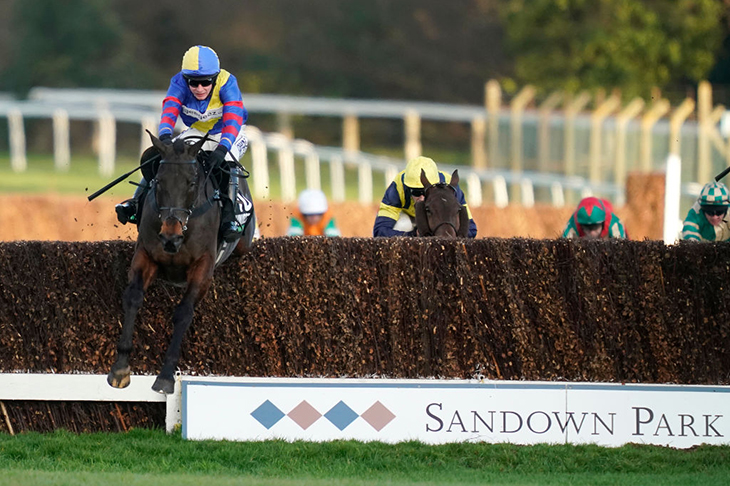
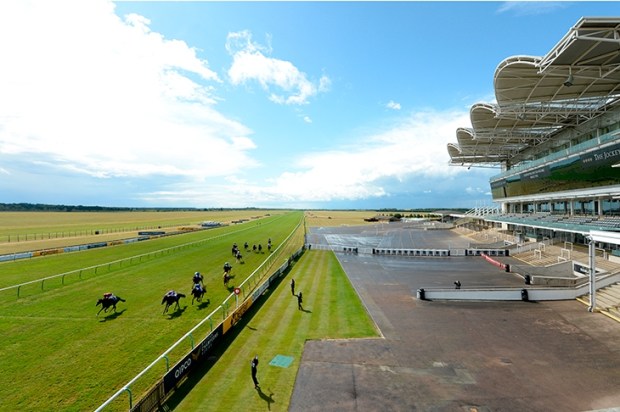
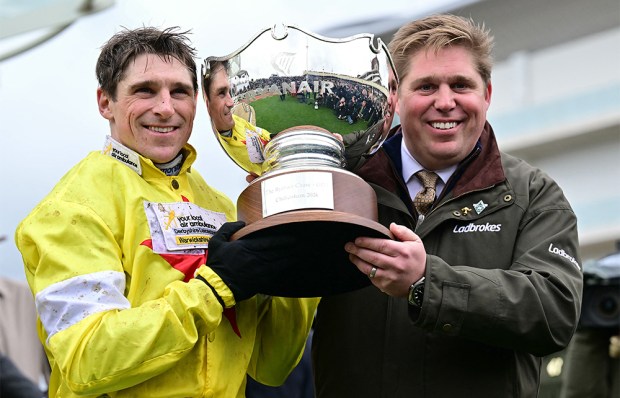
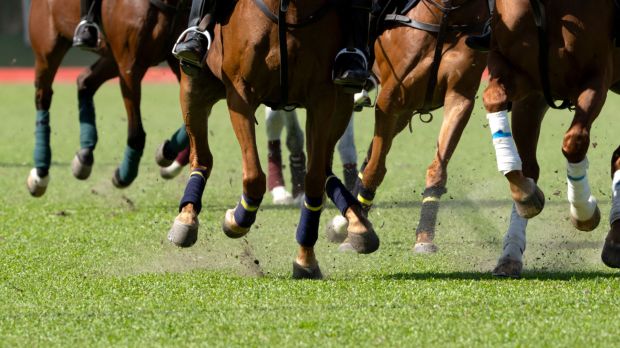
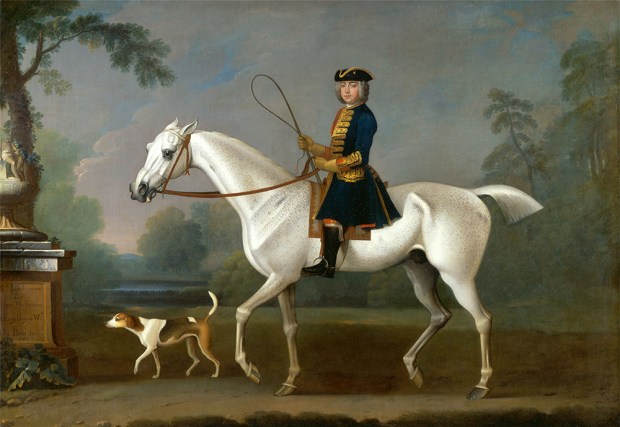
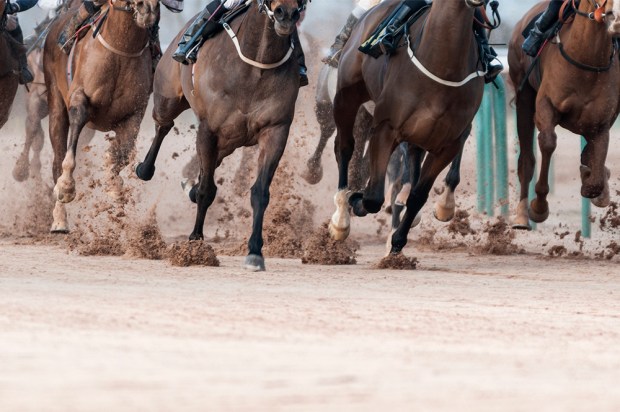
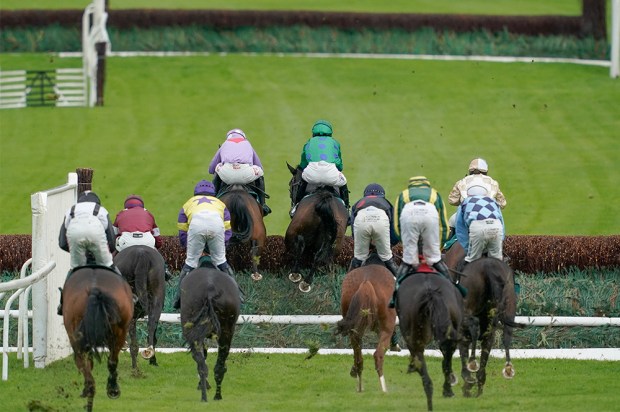






Comments
Don't miss out
Join the conversation with other Spectator Australia readers. Subscribe to leave a comment.
SUBSCRIBEAlready a subscriber? Log in